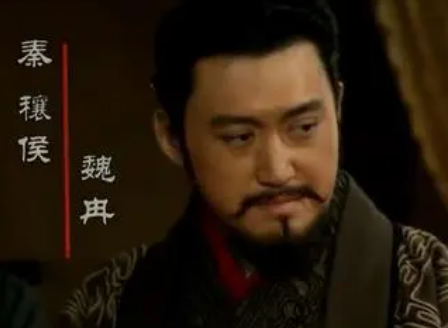Throughout the long history of China, there have been many great emperors who have led the country towards prosperity and splendor with their outstanding political wisdom and profound strategic vision. Among them, Ming Chengzu Zhu Di is praised as a "Bodhisattva Emperor" for his wise and benevolent reign, during which the Ming Dynasty reached its peak of national strength.

The rise of Zhu Di is legendary. As the fourth son of Ming Taizu Zhu Yuanzhang, he emerged victorious in the Jingnan Campaign, successfully seizing the throne and becoming the third emperor of the Ming Dynasty. This campaign not only demonstrated his military prowess but also showcased his resilience and perseverance.
During his reign, Zhu Di implemented a series of policy reforms that greatly enhanced the national strength of the Ming Dynasty. He valued agricultural production and introduced the system of garrison farming, significantly improving the lives of farmers. Additionally, he vigorously promoted overseas trade, sending Zheng He on voyages to the Western Oceans, demonstrating the great power of the Ming Empire.
Zhu Di's benevolence earned him the moniker of "Bodhisattva Emperor." He repeatedly reduced taxes for the common people and promptly dispatched relief supplies to areas stricken by disasters, helping them rebuild their homes. His benevolence deeply endeared him to the people.
As a cultured individual, Zhu Di had a profound love for literature and art and was himself a talented poet. During his reign, he vigorously promoted cultural development, establishing the Hanlin Academy and selecting a group of talented individuals. His cultural policies had a profound impact on the cultural development of the Ming Dynasty.
In conclusion, Ming Chengzu Zhu Di was a great emperor whose reign brought the Ming Dynasty to its peak of national strength. His benevolence deeply endeared him to the people, and his cultural contributions had a lasting impact on the cultural development of the Ming Dynasty. As a generation of wise and benevolent emperors known as the "Bodhisattva Emperor," his name will forever be inscribed in the long history of China.
Disclaimer: The above content is sourced from the internet and the copyright belongs to the original author. If there is any infringement of your original copyright, please inform us and we will delete the relevant content as soon as possible.
































